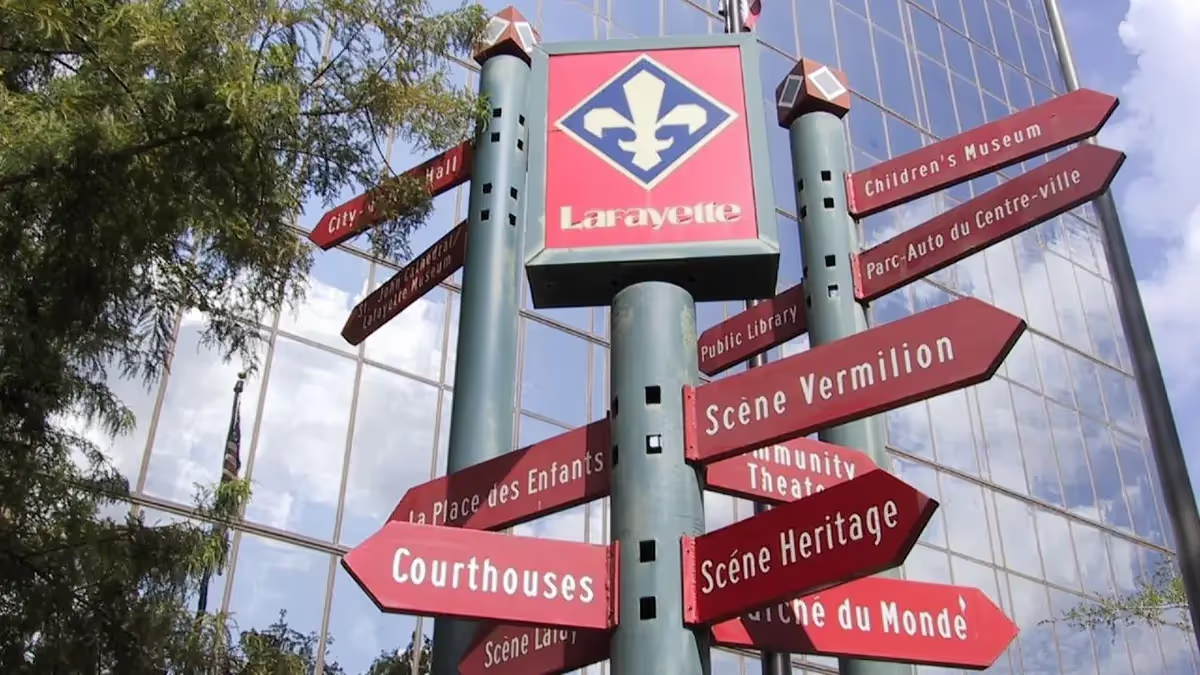- Reaction score
- 6,273
- Points
- 1,160
People tend to establish their own 'year zero'. Every established neighbourhood was an established something else before the neighbourhood was built. Often a farm, sometimes a former factory.
As the population increases and becomes increasingly urbanized, cities either densify or sprawl into surrounding greenfield areas. Lower density is more expensive to service.
As the population increases and becomes increasingly urbanized, cities either densify or sprawl into surrounding greenfield areas. Lower density is more expensive to service.





